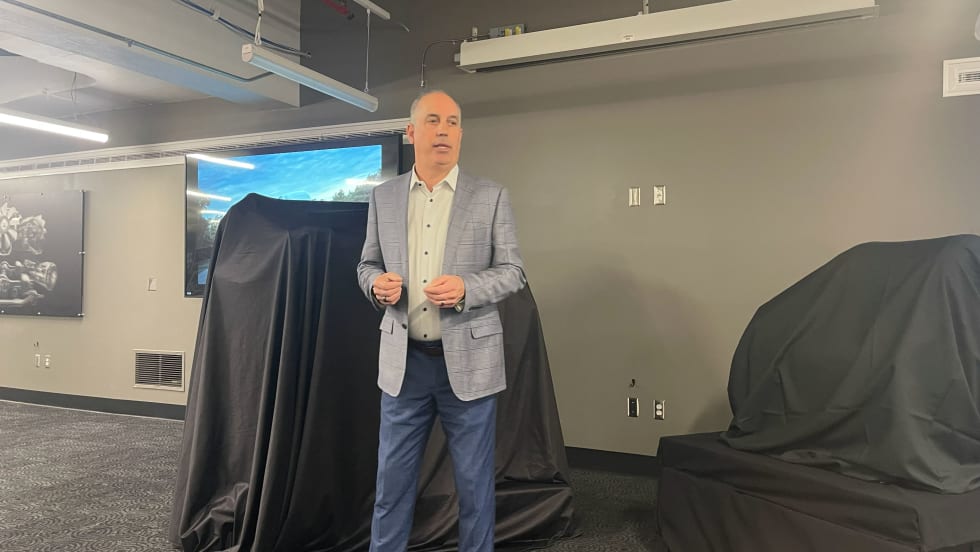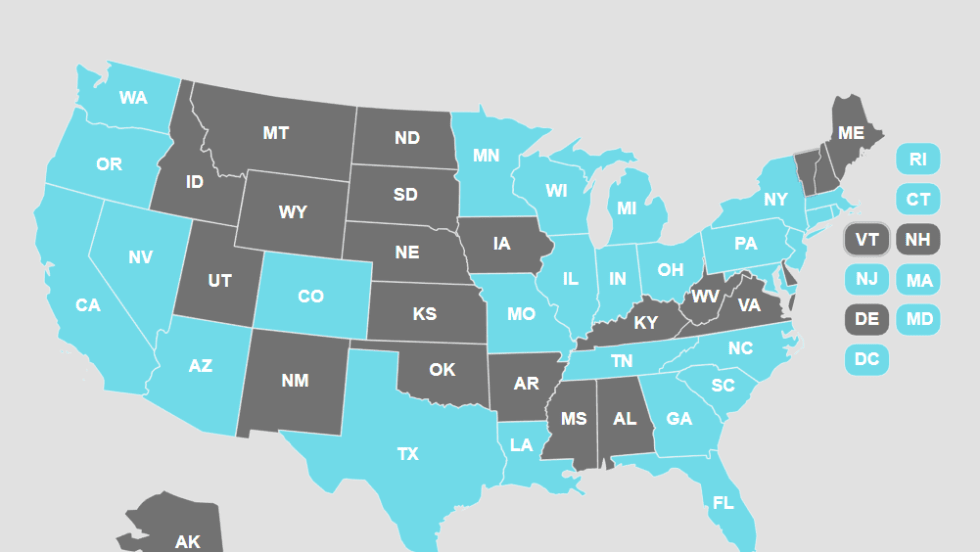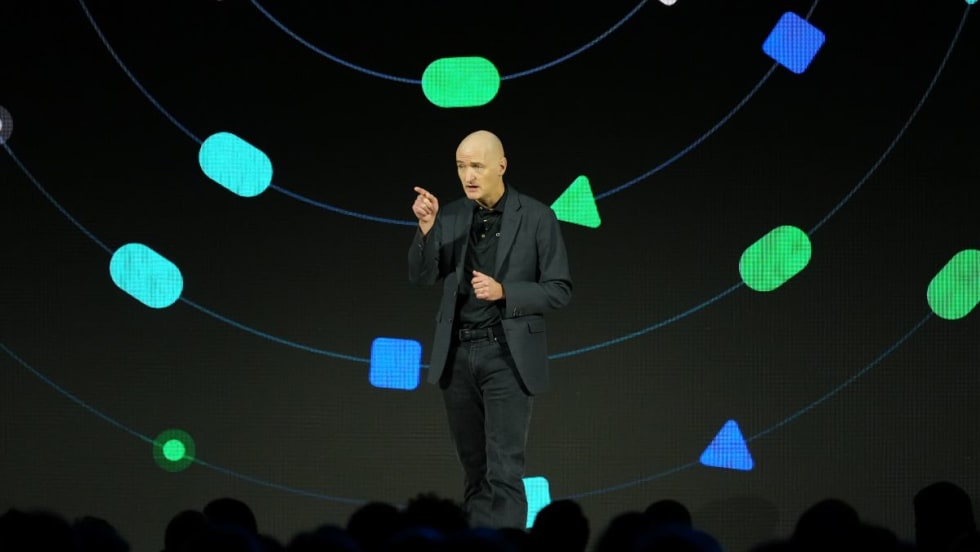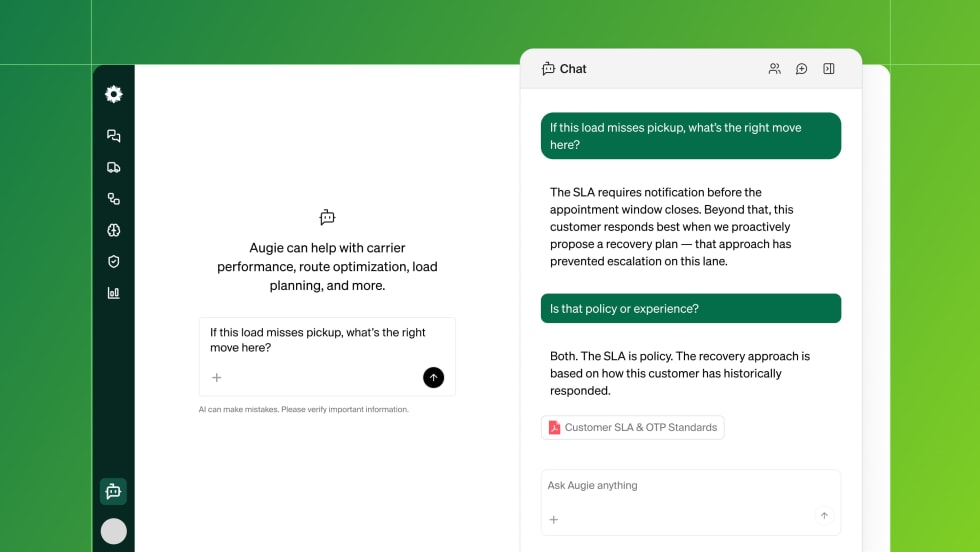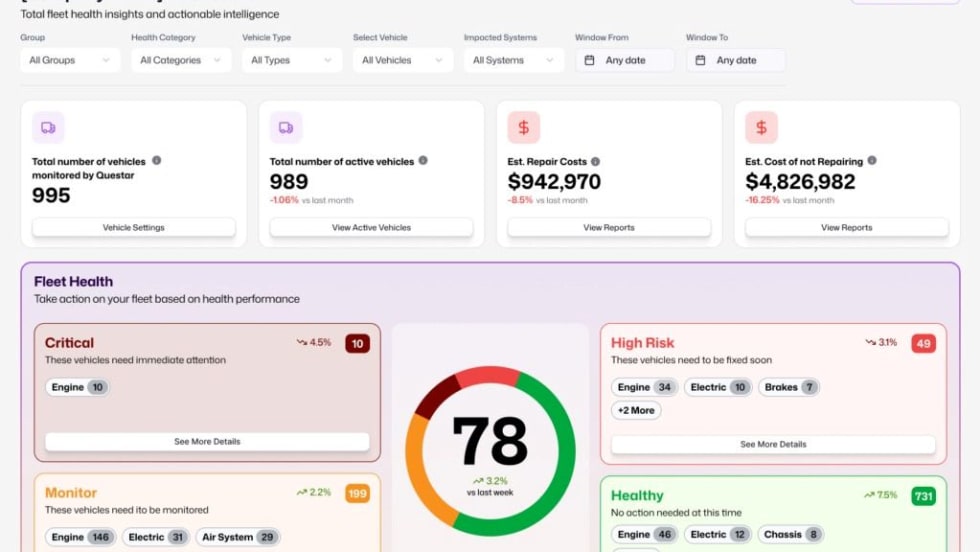In our May 2020 issue, we shared five ways artificial intelligence can help trucking. Here are additional insights for those who want a deeper dive into AI and machine learning as they apply to the trucking industry.
What is artificial intelligence, and how can you use it in your fleet?
Schneider has been racking up the honors for its use of artificial intelligence, so we talked to Brian Stuelpner, Schneider vice president of strategy, planning and architecture, to learn more about AI and how the megafleet is using it in its everyday operations.
Artificial intelligence is not magic or some kind of panacea. There are some tasks that artificial intelligence is really good at – and some that it’s not. And that has implications for the use of AI in trucking, from chatbots to autonomous trucks.
From our April issue: New ‘smart’ components, combined with machine learning technology, finally deliver on the promise of predictive maintenance.
If the words “artificial intelligence” conjure up an image of Skynet in the Terminator movies, it’s time to think again. There are real-world transportation companies using AI to do their work better, faster, and more effectively – and they could be your competition.
Richard Bishop, AI industry analyst and intelligent vehicle applications specialist, spoke with Jim Park about autonomous trucks for an episode of the HDT Talks Trucking podcast.
When you add artificial intelligence and machine learning to the video telematics equation, the answer to whether video telematics can get "smarter" is “yes.”






